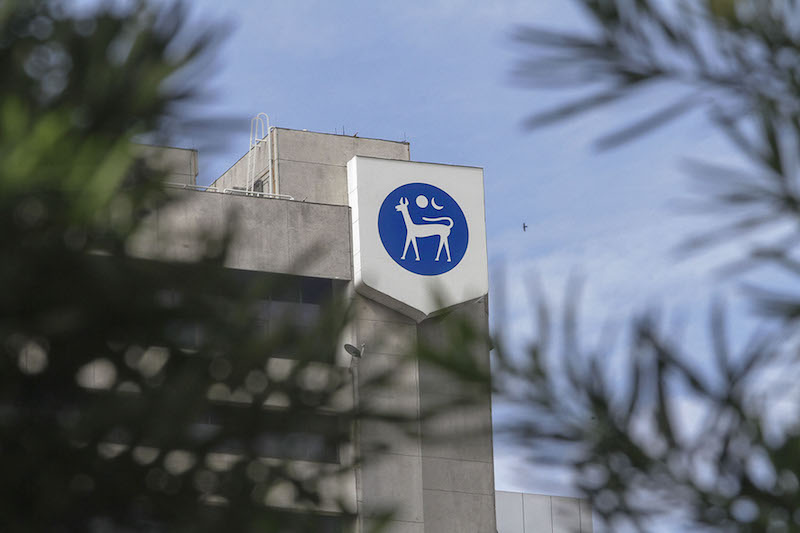BANK Negara Malaysia (BNM) is anticipated to keep its benchmark interest rate steady at 3% for the third consecutive meeting, according to a Bloomberg survey of 21 economists. Despite cooling price pressures and concerns about a weakening ringgit, BNM is expected to resist the urge to follow the hawkish trend seen in neighbouring countries.
The decision set to be announced today marks BNM’s final rate review of 2023.
Economists suggest that BNM faces a dilemma over further interest rate hikes with global uncertainty and signs of softening domestic demand playing a significant role in their decision-making process. The ringgit, which has been the second-worst performer in Asia this year, remains at a record discount relative to the Federal Reserve.
“We see BNM facing a dilemma over further interest rate hikes. Still, another quarter-point hike would have little impact on Malaysia’s rate gap with the US,” said economists at United Overseas Bank in a note.
Besides, Prime Minister Datuk Seri Anwar Ibrahim has dismissed the idea of higher rates as a solution to support the ringgit. Instead, he is focusing on decoupling from the US dollar as a long-term strategy.
BNM governor Datuk Abdul Rasheed Ghaffour noted that the central bank will continue to ensure orderly ringgit movements, employing measures such as selling bills to support the currency. As a result, the nation’s interbank rate has surged to its highest level since February.
Moreover, analysts suggest that several factors favour maintaining the current interest rate, including inflation returning near the long-term average. The analysis by Bloomberg indicated that a rate hike might not significantly improve ringgit sentiment.
Furthermore, a hike could pose challenges to economic growth due to tighter fiscal policies and weakened global demand.
While there might be a case for a rate hike in the future, Malaysia’s inflation outlook faces potential risks from subsidy cuts and geopolitical tensions including the ongoing Israel-Hamas conflict.
The government has warned that price pressures could escalate to an average of 3.6% next year, compared to the range of 2.5% to 3% expected in 2023. – Nov 2, 2023









